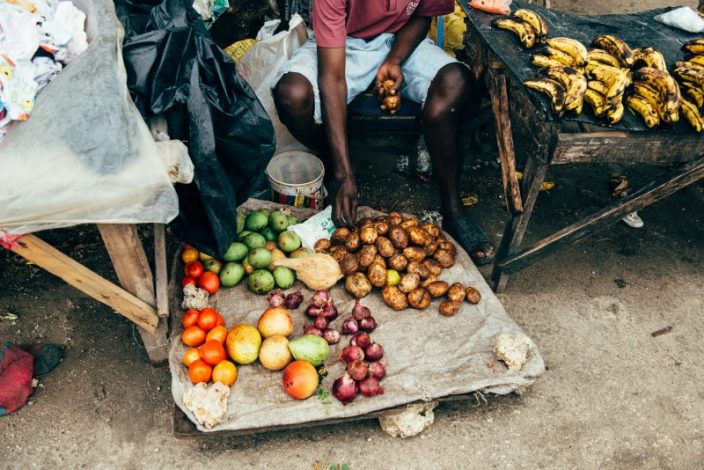Kenya consumer prices rose by more than expected in September as fuel, food and non-alcoholic beverage costs surged as well as the impact of recently implemented taxes.
Inflation accelerated to 6.9 per cent from 6.57 per cent in August, the Kenya National Bureau of Statistics said Thursday.
Prices of commodities with food and non-alcoholic beverages and transport rising by 10.63 and 9.21 per cent, respectively. The month-to-month on food and non-alcoholic drinks rose by 0.11 per cent in the duration between August 2021 and September 2021.
“This was mainly linked to the elevated prices of some food items, which outweighed the decrease in prices of others,” stated the KNBS.
However, the Central Bank’s Monetary Policy Committee projects that overall inflation will remain within the 2.50 per cent – 7.50 per cent target band.
“The tax measures will continue to make their presence felt and we calculated the contribution to be something in the order of 1.78 percentage points to the overall inflation,” Central Bank of Kenya Governor Patrick Njoroge said on Wednesday.
Dr Njoroge further said they would take policy measures to avoid a scenario where prices of commodities continue to rise.
“The principal drivers where the inflation is coming from are things that don’t react to monetary policy. That is really the point. No matter how much we change or tighten monetary policy, it won’t affect the imported price of Murban oil. The prices will be passed on to consumers in the usual way. That is the first round effect,” Dr Njoroge said.
“The second round effect is when that item (price of fuel) then leads to an increase in other prices such as transportation and electricity. We can use monetary policy to constrain domestic demand and by so doing, there will be less impact on inflation. It’s demand-side management. From a point of view of the economy, it’s the second-round effects that we can and intend to react to,” he added.
CBK held its policy rate at 7.00 per cent on Tuesday informed by the persistent need to underpin the current economic momentum, and higher inflation risks.
“Whereas the exchange rate is not a policy target, emerging pressure could aggravate the inflation expectations. On a brighter note, sturdy diaspora remittances and a return of international travel should help stabilize the current account deficit at 5.20per cent of GDP by year-end from an estimated 5.50 per cent in the 12-months to August 2021,” Stephanie Kimani NCBA Market Research Analyst said.
Central Bank Says it Expects Kenya Economy to Expand by 6.1% in 2021





2 Comments
Pingback: Kenya's September PMI Falls Five-month Low on High Cost of Living
Pingback: Inflation Drops Marginally to 6.45% in October; Sugar, Tomato Prices Up